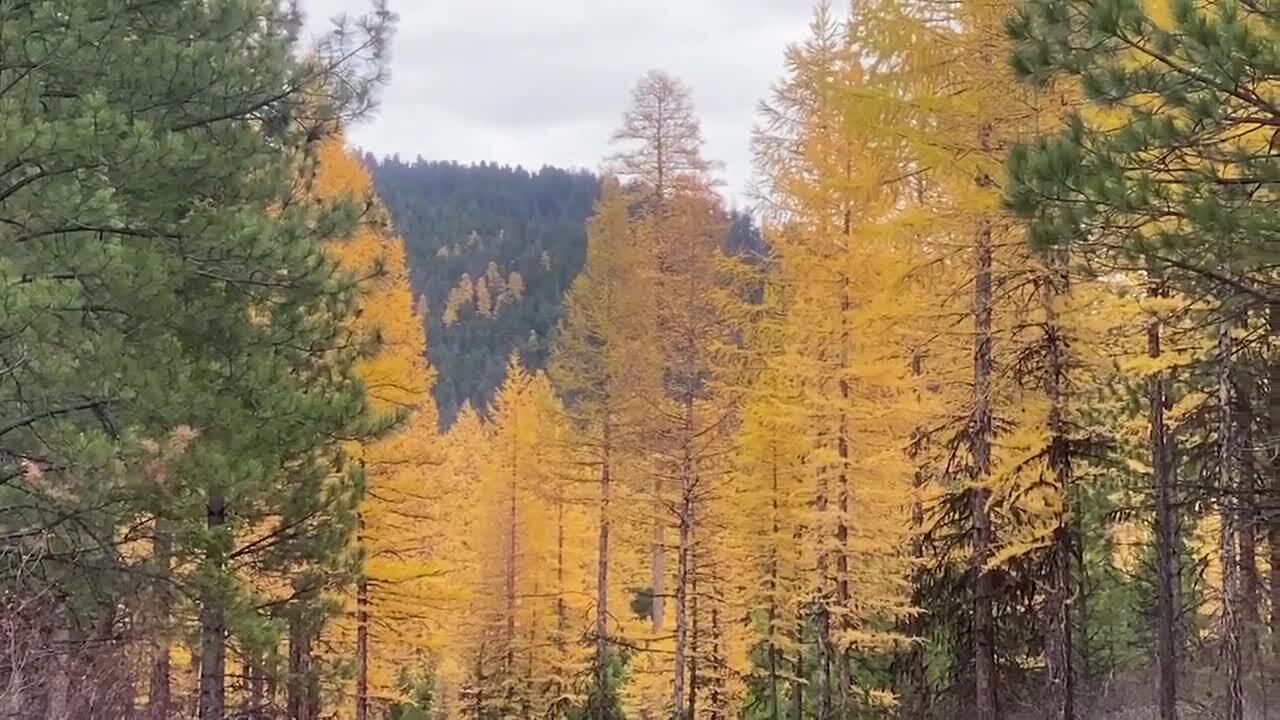Zootown Lowdown
Archives
Montana Tree Wonders: Exploring the Western Larch in 2025
SIGN UP FOR OUR NEWSLETTER
Discover the Iconic Montana Tree: Western Larch Lights Up Fall |
From Ancient Giants to Golden Spectacles in Western Montana |
In the heart of Montana, the western larch stands as a true icon among trees, captivating locals and visitors alike with its seasonal brilliance.
This remarkable Montana tree transforms forests into golden wonderlands each autumn, especially now in early November 2025.
Unlike typical evergreens, these deciduous conifers shed their needles after turning a vibrant yellow, creating stunning contrasts against darker pines.
Communities across western Montana celebrate this second wave of fall colors, with hikes and gatherings drawing crowds to spots like Seeley Lake.
Recent developments include new trails highlighting these beauties, boosting eco-tourism and local pride.
One standout is Big Gus, the world's largest western larch, towering at 163 feet and aged around 1,000 years near Seeley Lake.
Imagine standing beneath this ancient giant, feeling the weight of centuries in its branches.
It survives harsh winters by dropping needles, a clever adaptation to Montana's rugged climate.
This strategy sets it apart from other conifers, ensuring resilience in cold, dry conditions.
With only a few hundred east of the Continental Divide, these trees are a rare treasure.
Locals often mistake the yellowing for dying forests, but it's just nature's cycle renewing the landscape.
As 2025 brings fresh community events, like guided larch tours, the allure of this Montana tree grows stronger.
FAQ: What makes the western larch a unique Montana tree?
It's a deciduous conifer that turns golden in fall before shedding needles.
Where can I see the largest western larch in Montana?
Head to Seeley Lake to visit Big Gus, an ancient 163-foot marvel.
How does the western larch adapt to Montana's environment? |

